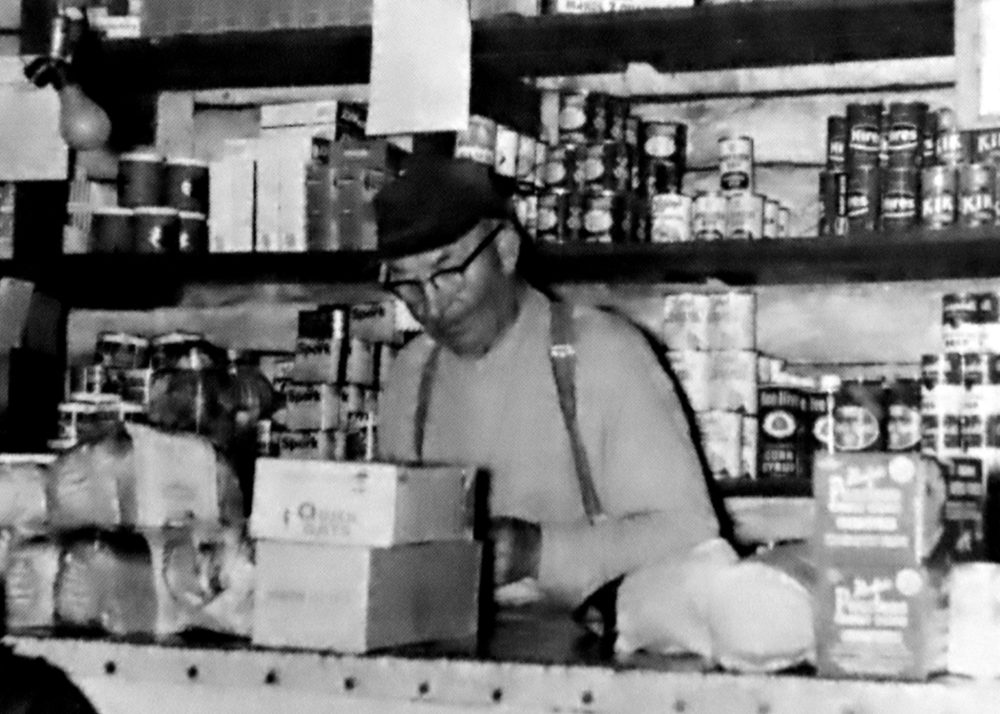COLUMN: Carillon Flashback July 23, 1965 – Indian Bay trading post is the last in Southeast
Advertisement
The last genuine trading post in the southeastern part of the province is operated by William Nebbs on the north shore of Indian Bay, a wide island-studded neck of water reaching into Manitoba from Shoal Lake on the northwestern reaches of Lake of the Woods.
Nebbs explains the difference between a trading post and a store is that a trading post deals in barter, and a store deals in cash. Now well into his 40th year in business, the 75-year-old trader still seldom receives cash across his counter.
Until a year ago, he traded confectionery, tobacco and household necessities to his Indigenous customers for such commodities as fish, blueberries and raw furs from a store on a large boat he built himself.

For many years, Nebbs operated the floating store, built on a large lake boat, capable of handling 20 or 30 customers at a time and carrying a cargo of three or four tons of fish. He gave up the store boat because of dissatisfaction with the price of fish, and since then has been restricting his business to trade over the counter at his Indian Bay trading post.
Nebbs kept his big boat, but it’s up for sale for $400 to the first buyer that comes along with cash. The boat is the third large one Nebbs has built.
“The other two wore out or got to be too small. The planking alone cost $3,000 for this one.”
Since giving up the fishing trade, which he carried out on his store boat, Nebbs takes Old Age Pension cheques and Family Allowance cheques in trade for groceries. He gives customers the supplies they need, sends their cheques to be cashed, and if there is a balance, he credits it to their account. Cash transactions are still very rare in the old trading post.
Completely isolated from the outside world, as far as roads go, Indian Bay is surrounded on three sides by land belonging to the Chippewa. The Government of Manitoba has purposely kept Indian Bay isolated, to protect Shoal Lake, from which the entire city of Winnipeg draws its water supply.
It is the relative isolation which has preserved the ancient atmosphere in and around the old log building, which Nebbs calls the “Indian Bay Trading Post.”
Isolated though they are, the Nebbs have frequent visits from their children and grandchildren, who live in Carman and Brunkild. The visitors come in over the ice in the winter, and by boat in the summer, from Indian Landing. The dock at the end of the Shoal Lake Road is about five miles east by water from the trading post.
Recently, the Nebbs were able to play host to a lost fisherman and his wife, after the couple almost drowned in a bad storm on the bay. The Nebbs never accept payment for such favors, as they feel it is a kind of God-given mission to help travellers who pass their way.
Now 75 years of age, Nebbs still does a lot of travel on the lake in his small motor boat, which he uses for hauling his supplies. However, he has a lot less work now than when he operated the store boat, and a little more time to relax with his wife in the little cottage on the shore, overlooking the bay.
The Nebbs say they have been there too long now to ever feel at home anywhere else, and plan to spend the rest of their days beside the water, which has been their place of work and rest for over 50 years.
